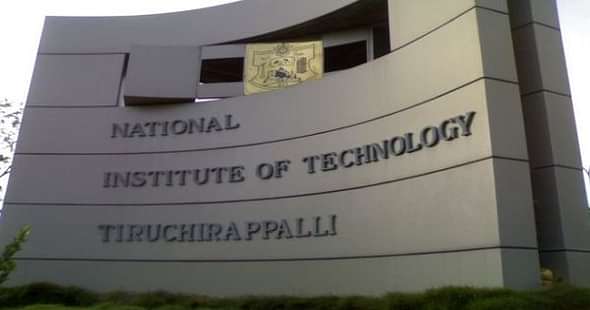- NITs will include courses to support governmental programs such as Digital India and Swachh Bharat Abhiyaan.
- Opposition parties claim that ruling government is trying to create differences in the nation's education system by publishing ideology and Hindutva icons in textbooks.

National Institutes of Technology, which are considered as the top prestigious institutes are now going to include courses to support governmental programs such as Digital India and Swachh Bharat Abhiyaan. This step will support BJP’s attempt to enhance education system in the nation.
A source cleared that this decision has been taken by a committee formed by the councils of NITs and Science Education and Research, following which the programmes will be soon adopted by NITs.
The council is considered as the highest decision-making body of both Indian Institutes of Science Education and Research and National Institutes of Technology.
Also Read: Direct Admission of Offshore Students Shall be Discarded - Read Why!
Prakash Javedekar who is the Human Resource Development Minister, organized a meeting of councils on 26th May, in which a decision was made to take recommendations as a model principle for all NITs.
However, the opposition parties claimed that the ruling government is trying to create differences in the education system of the nation by publishing ideology and Hindutva icons in textbooks.
According to a panel recommendation, courses dealing with national programs can be introduced easily. However, the main aim of this course should be to enable scholars to contribute to nation building programmes along with engineering techniques included in the program.
Apart from these, other disciplines like smart cities, Skill India and Make in India can be included in academic courses too.
Also Read: 2017 NIRF Ranking of NITs Worries Centre
Perhaps, it is the 1st time that government programmes are going to be included in academic courses. There are a total of 32 National Institutes of Technology in the nation that get funds from Human Resource Development Ministry and almost compete with the most premier institutes i.e. IITs .
Sources cleared that for curriculum revision there is no uniform policy available in NITs but from now onwards it has become compulsory as an annual exercise.
The major concern of HRD ministry is the quality of engineering colleges that provides the degree to about 7 lakh scholars annually while only 40% of the total students get recruited for jobs. This is attributed to the lack of skills that further leads to degradation of demand from the industry.
Curriculum revision is considered as an attempt to highlight this issue. Besides that, the committee has also asked to offer a new course (sustainable engineering) in all the branches of academics. Also, the panel has advised taking inputs from various industries for the revision of curriculum to prepare students accordingly.


 Follow us
Follow us













